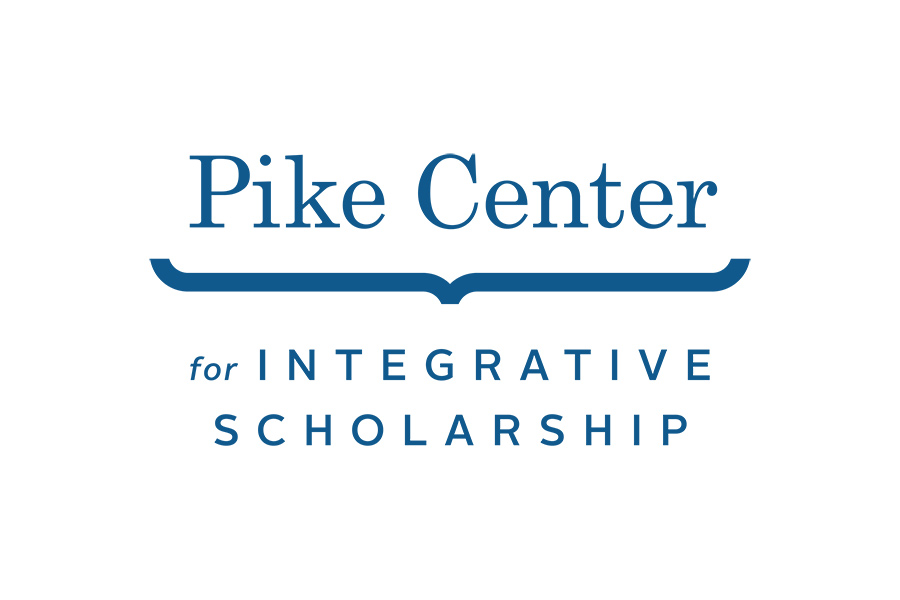Through its Small Grants Program, the Pike Center sponsors research and publication that address issues faced by language communities on the margins of society. We are pleased to announce that three grants have been awarded in the latest cycle of this program.
$3,500 has been awarded to Bagamba Araali for a project entitled “Study of the impact of the New Testament in Omiti and prospects for Old Testament translation.” Language groups respond to the arrival of the New Testament in different ways; even the response within a single language group may not be uniform across all of its communities. This project will study the variation in acceptance among the Omi people of northeastern Democratic Republic of Congo (DRC). It will research the remarkable response of the Catholic church in embracing the translated Omiti New Testament with a view of documenting the conditions that favor a request for additional Scripture from the Old Testament. The Protestant church has been slower to respond to the Omiti New Testament; it is hoped that lessons learned from the response of the Catholic Church can be more uniformly applied across all Omiti speaking communities. Dr. Araali is a Senior Research Associate with the Eastern Congo Group, and is a Senior Sociolinguistics Consultant with SIL; he holds a PhD in sociolinguistics from Essex University.
$3,000 has been awarded to Susan Walters for a project entitled “Standardized Collection of Artistic Communication Data: Local Song Genres.” The importance of artistic communication genres is increasingly recognized as vital to language and cultural maintenance, as well as having a key role in translation and education projects. However, the adhoc study of these genres has limited our understanding of their function across communities and the role that they might play in language development. Dr. Walters envisions the eventual development of a research database on song genres that is global in scale. This project will enable her to launch that effort by collaborating with colleagues in Indonesia and Nigeria to collect data on about 60 features of 5 song genres each from around 20 languages. The dataset will have actionable data that will enable researchers to look for correlations between a community’s local song genres (and their vitality and paths of transmission) and other known aspects of these language communities, such as population size, language vitality, literacy, economic status, religious allegiances/affiliations. Dr. Walters has an adjunct position at Dallas International University and is a Pike Scholar; she holds a PhD in Intercultural Education from Biola University.
$3,000 has been awarded to Katrina Boutwell for a project entitled “Measuring Community Participation and Ownership in Language Development Programs.” Language development organizations understand the importance of community ownership in programs, but there is little research on how to measure the level of community ownership. This lack of research on how the community engages in decision-making affects the ability of organizations to monitor and assess with the community the extent to which their language development goals are sustainable without the assistance of outside organizations. The project will adapt a measure of community participation that has been widely used in the field of community organizing, pilot testing it in a number of different language programs. It is envisioned that such a tool will enhance the ability to work with language communities to assess their current level of participation, and allow for regular monitoring that enables stakeholders to dialogue and make adjustments of plans. Ms. Boutwell is an adjunct faculty member at Dallas International University and Lead Mentor for ALA Language Program Management Internship Program; she has an MA in Language Development with a focus on Sociolinguistics from Dallas International University.






